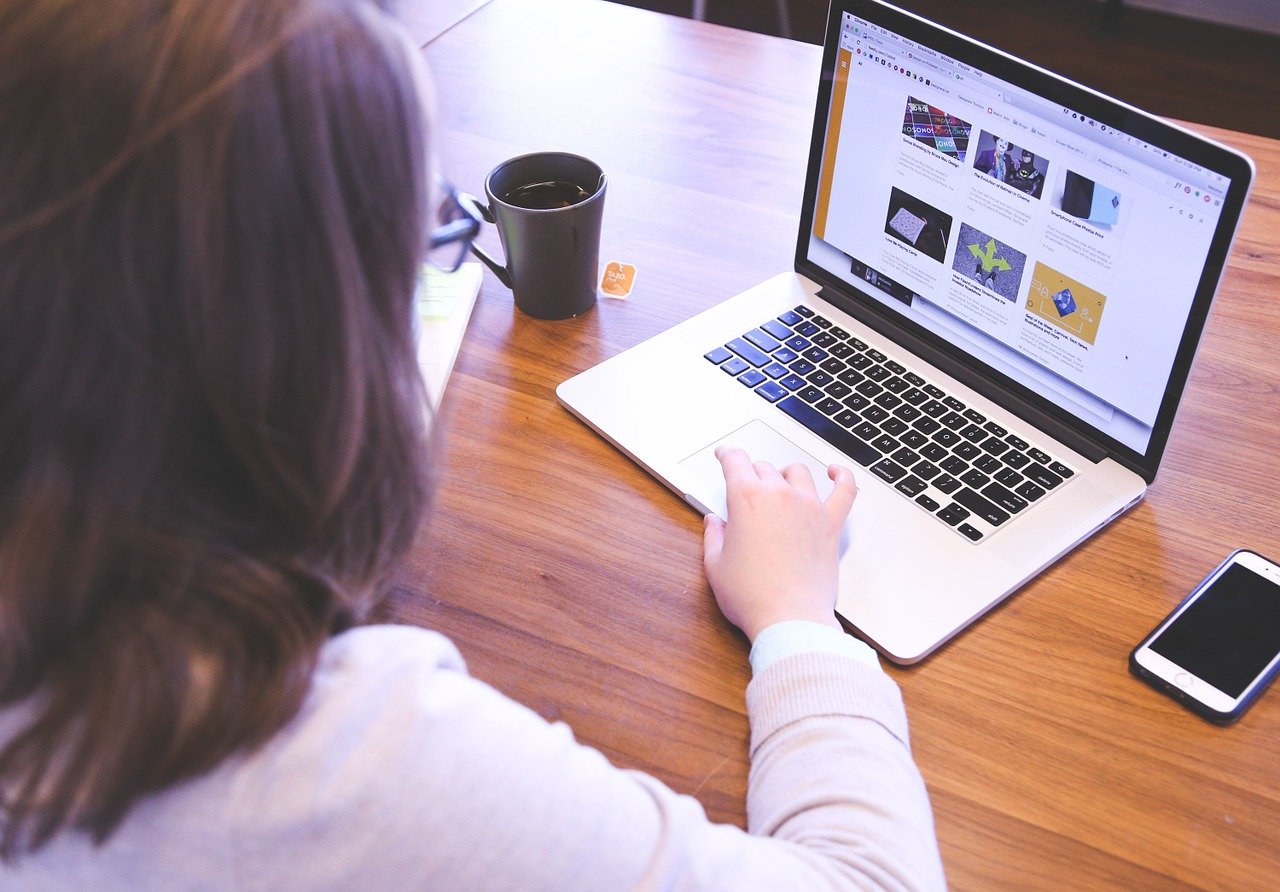By: Allyson Roach
FAYETTEVILLE, Ark. (UATV) – The correlation between mental health and social media is continuing to make a strong case among several case studies.
Joanie Jackson Green, mental health therapist for Northwest Arkansas, said “we’re social animals and we need real social connection to survive and that reliance on social starts to take the place of that.” Green furthered the ideas of both positive and negative social media but explained instant gratification and the structure in which social media is created.
“It becomes very addictive, like gambling, you post something you get likes and you get more likes if you post more often. So, everything about it is designed to become intermittent reinforcements,” Green said.
The Dopamine Reward Loop, provided by Etatics, emphasizes the scientific aspect that social media can have on the brain. When users receive a notification or some type of positive feedback that results in the brain releasing a positive sensation known as dopamine.
Dopamine is closely linked with pleasurable feelings and is commonly known as a “feel good” hormone. Healthline states that dopamine is a “contributing factor in motor function, mood, and even our decision making.”
https://www.thinglink.com/card/1514317315997433858
Social media has become popularity contest for users, striving to get the most likes or the most followers. This perspective of social media has created an obsession linked to phones.
According to Elite Content Marketer, on average, people pick up their phones 58 times per day. This averages out to people spending more 4.5 hours on their phone a day.
This constant use of phones has taken a toll on mental health. HelpGuide.org states that “heavy smartphone use can often be symptomatic of other underlying problems, such as stress, anxiety, depression, or loneliness.”
Addison Bridges, a student at the University of Arkansas, said she rarely post on social media anymore because of how insecure it has made her. “You have to get a certain amount of likes or followers, I check who unfollows me and if they do then I think I did something wrong,” She said.
Recent studies conducted by the Pew Research Center Poll showed that those who used social media more than three times per day were at a higher risk of developing mental health issues.
And those who reported using social media multiple times a day said they felt lonely, sad, depressed, or anxious. Research has connected increased phone usage to the increased rates in suicidal thoughts.
From 2005 to 2017, according to Etactics, suicidal thoughts increased by 47% and rates of adolescents reporting mental health increased by 52%.
Over the decades, phone usage has seemingly increased in this newly wired world. Kids are getting phones younger and younger. Schools started providing laptops for students to complete assignments virtually. And since the pandemic, schools have taken all assignments and classes virtually.
College courses require laptops for speeches, exams, and projects. The world of technology has rapidly increased creating a larger access to social media for all ages and has led to the increase of screen time during the pandemic.
So, what’s the solution? Etactics has reported that reducing your screen time daily by 30 minutes can create healthier lifestyles, habits, and mental health.
Getting better control over your smartphone starts with a few simple steps. HelpGuide.org provides eight steps for those seeking a healthy levels of phone usage, starting with setting goals for when you use it, turning it off during certain times, not bringing your phone to bed, finding other hobbies or activities, remove social media apps, limit checks, etc.
The solution can simply be putting your phone down and stepping outside. Technology and phones do contribute to the wellbeing of life and relationships but can be seen to be extremely damaging in some cases.
So, step out of the tiny screen and indulge in nature and human interactions. Find alternative ways to release those endorphins and use them in a positive light.
https://www.thinglink.com/card/1514334153888235522


